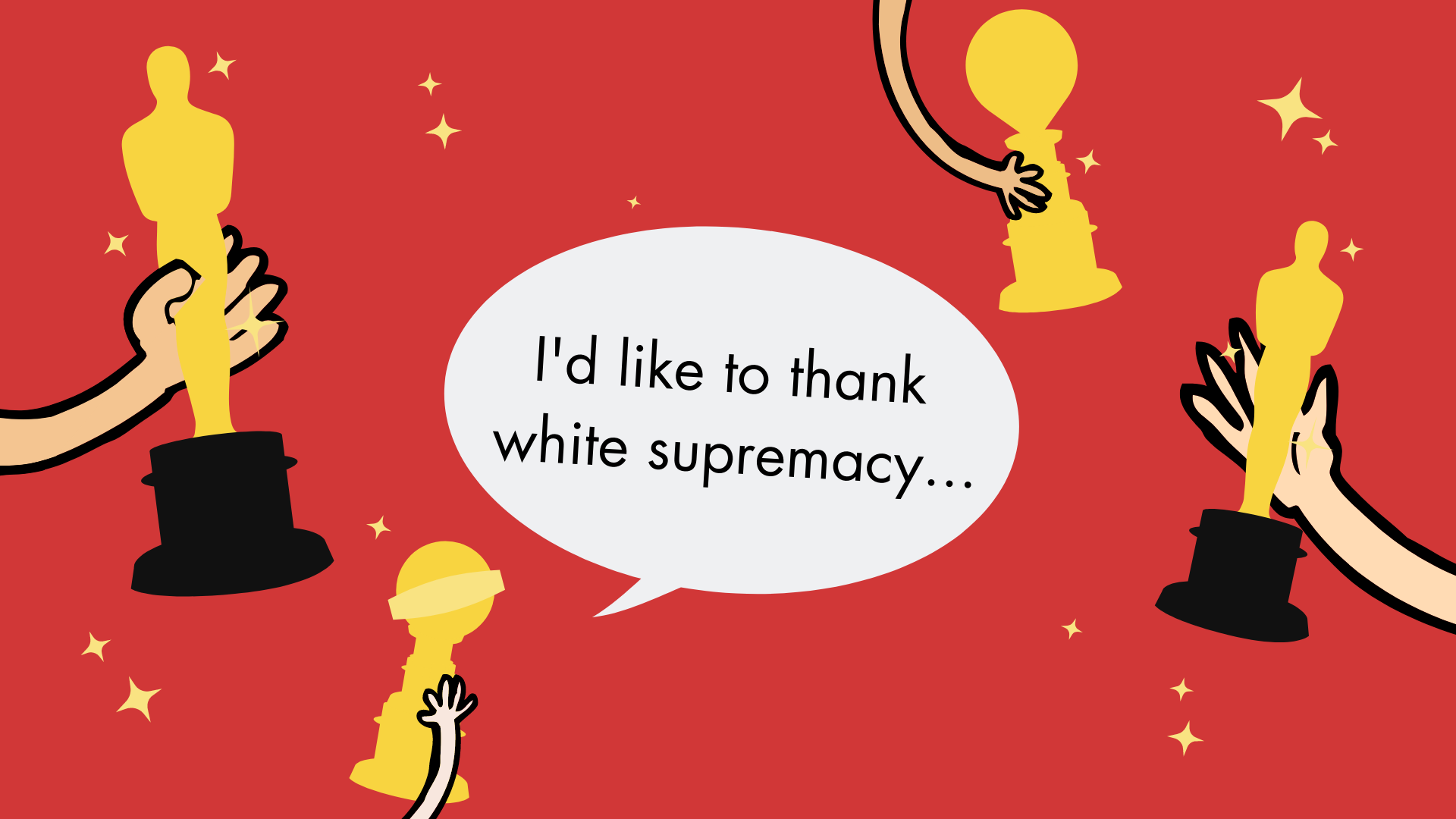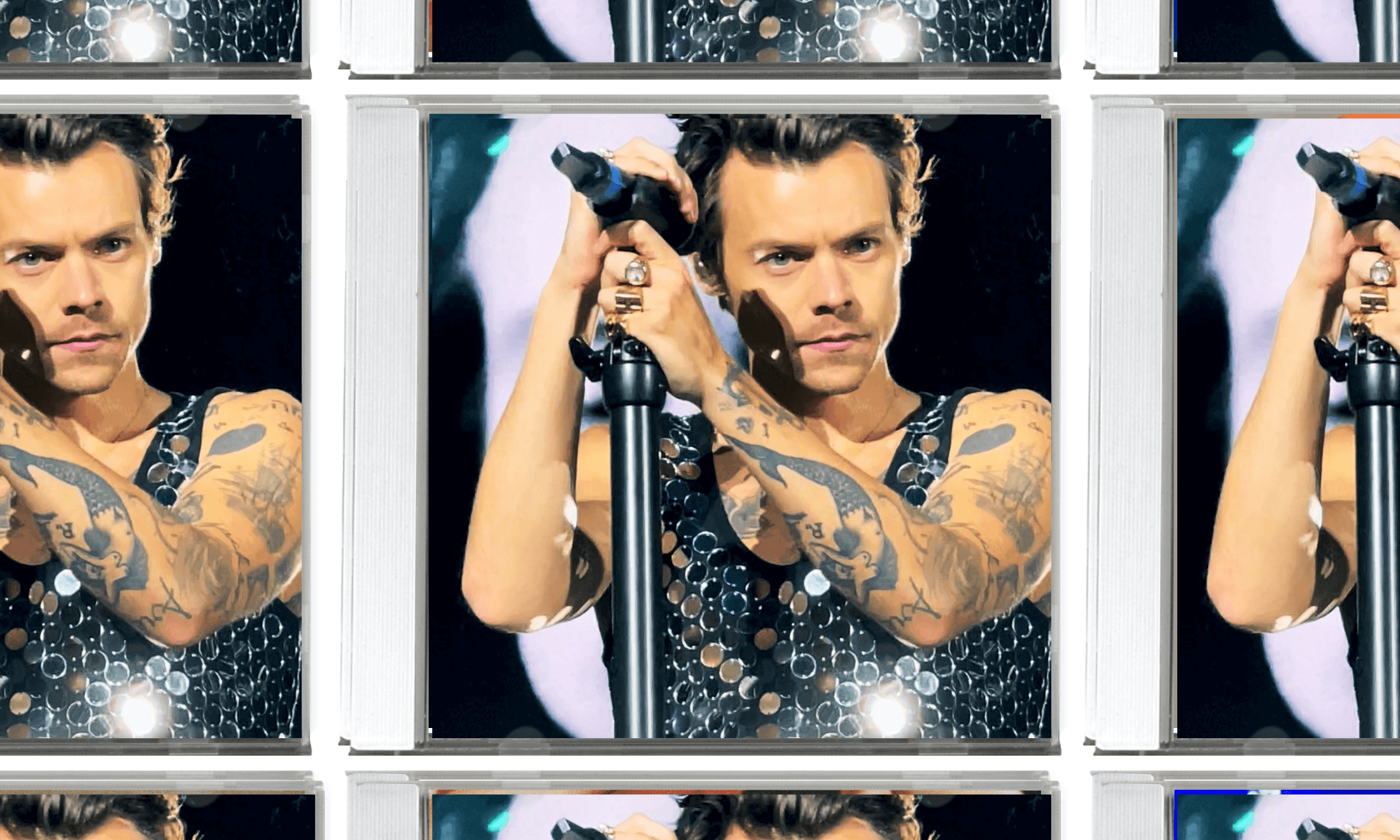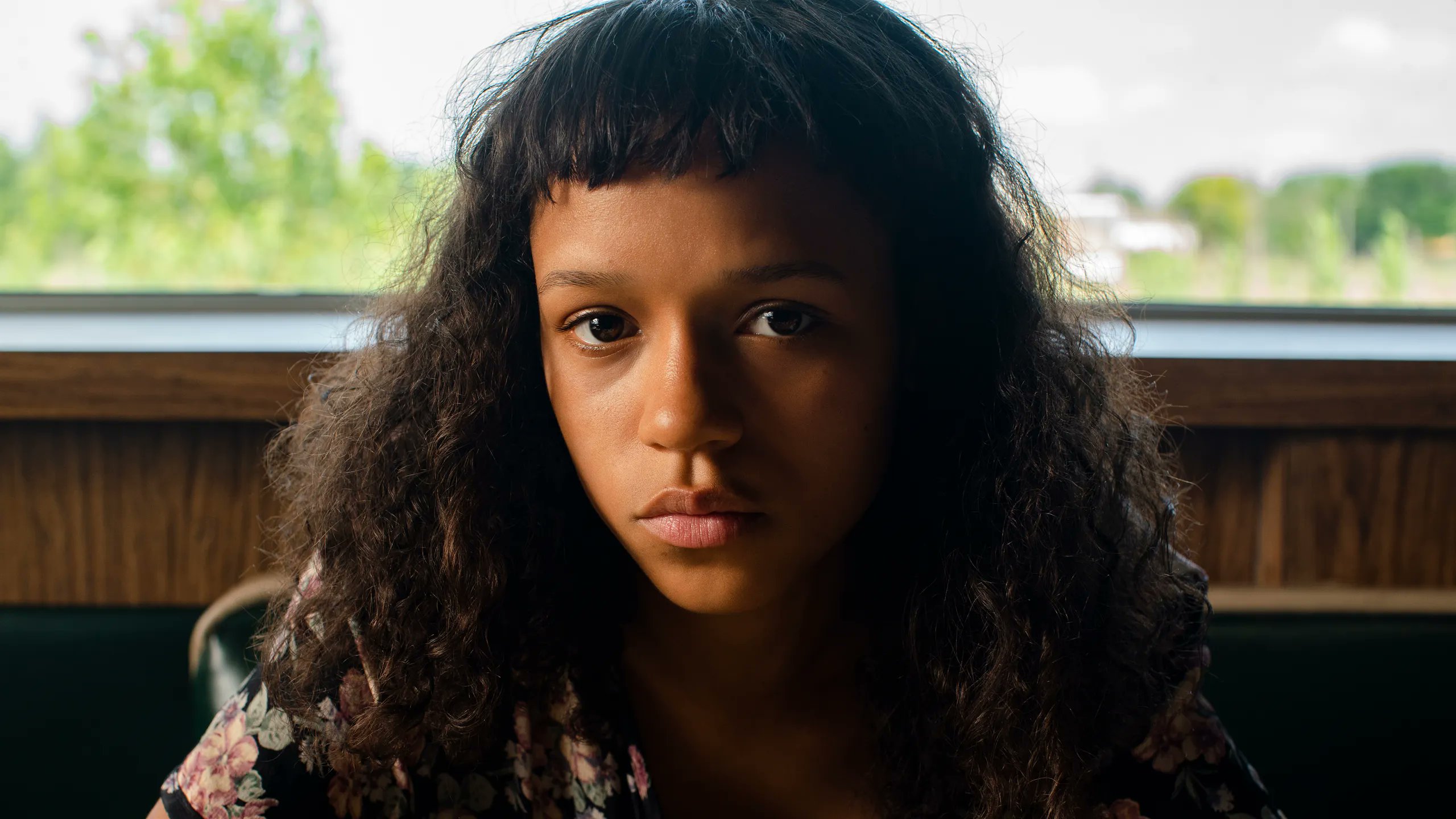
What will it take to finally fix BAFTA’s race problem?
This year, the BAFTAs didn't nominate any actors of colour. Katie Goh looks into what needs to change in a dusty industry with an even dustier academy.
Katie Goh
07 Jan 2020
Another awards season, another infuriatingly disappointing list of nominees. This time it’s the BAFTAs, technically the UK’s most prestigious film awards, but to many, the industry’s equivalent of an embarrassing, out-of-touch old uncle.
This year, BAFTA is being heavily criticised for a lack of diverse representation on its nominees list, particularly across its categories for acting and directing. Although last year BAFTA was able to point to Roma and BlacKkKlansman’s nominations as markers of progress (despite Adam Driver, BlacKkKlansman’s one white guy character, being nominated over John David Washington), this year, no people of colour have been nominated in the four main acting categories. That’s right: no Lupita Nyong’o nomination for Us, no Awkwafina nomination for The Farewell and no Cynthia Erivo nomination for Harriet. To add salt to the wound, more acting nominations were given to both Scarlett Johansson and Margot Robbie than to people of colour in total; BAFTA went ahead and nominated Margot Robbie twice in the same category, and Scarlett Johnannson twice across two categories. It’s as if they couldn’t think of anyone else to fill those slots.
“More acting nominations went to both Scarlett Johansson and Margot Robbie than to people of colour in total”
Meanwhile, in the directing, cinematography and writing categories, it’s another good year to be a white man. This is now the seventh consecutive year that no women have been nominated in the “best director” category. In BAFTA’s history, no women of colour have been nominated for best director.
But this is all a familiar story – the lack of diverse representation at the BAFTAs is hardly a new problem. A 2018 report found that only 6% of BAFTA nominees have been people of colour since the awards’ inception. BAFTA responded to criticism, saying that they would implement “diversity standards” for the 2020 awards – so how did they manage to take a step back with this year’s list?
First, there’s the issue of how BAFTA nominates. The academy’s 8,000 members, which a 2016 survey suggests is made up of – you guessed it – white men, vote on who they think should win in different categories. Despite annual attempts to diversify the membership in hopes of having a more inclusive voting body, it seems to have made little difference to the nominations list.
“In BAFTA’s history, no women of colour have been nominated for best director”
By now, the argument that films are nominated solely due to merit is extinct. A voting board made up of mostly white people is going to have unconscious biases. It’s not surprising that this demographic will favour films and performances that look like them, and speak to their own experiences.
BAFTA’s representation issues aren’t going to be solved by sprinkling a little diversity on top of a much larger problem. A more radical, institutional solution is needed within their membership. In 2016, the BRIT Awards went down the route of culling many older, white men from its membership, as well as bringing in a new, diverse intake to even out the playing field. And, for the most part, it worked – by 2018, 42% of the the BRITs shortlist was made up of “BAME” artists.
Beyond addressing its membership makeup, BAFTA also does have a say in which films are eligible, and can work with distributors to ensure a diverse selection of films are selected for voting. They can also implement standards and quotas, for example, a 50/50 gender split in best director categories, that ensure their nomination lists are representative of the contemporary film industry.
“The BRIT Awards culled many older, white men from its membership, and brought in a new, diverse intake. And it worked”
The impacts of this are significant. It’s easy to shrug off awards as unimportant, voted for by a bunch of faceless white guys in suits, but unfortunately they do matter – the BAFTAs viewership peaks at 4.1 million. Awards also canonise culture: which actors matter, who the public perceives as a “good filmmaker”, and the type of films that merit praise. If only 6% of BAFTA nominations have been people of colour and if no women directors have been nominated in seven years, then we’re being told that these people have no business being in the film industry, that we don’t belong in these categories, that our stories don’t matter.
Awards also matter to the people who finance films. A BAFTA nominee is much more likely to have their next project financed, which will likely go on to be nominated for another BAFTA in a few years time. Awards are cyclical: there’s a reason why the same names come up time and time again on nomination lists. Breaking into these circles is difficult for any new filmmaker, writer, actor or cinematographer and, evidently, nearly impossible for people of colour – especially women of colour.
Personally, I remember 2019 as a year of exciting, radical filmmaking. Many of the best films of the year, the likes of Atlantics, Honey Boy, The Souvenir, High Life, Madeline’s Madeline, Happy as Lazzaro, Portrait of a Lady on Fire, Little Women, The Farewell and Hustlers, were directed by women. Any of these filmmakers could have been BAFTA Best Director nominees. Alongside Lupita, Cynthia and Awkwafina, Song Kang Ho and Jennifer Lopez also gave critically-acclaimed performances, and could have been nominated in acting categories for their performances. A lack of “diverse” filmmakers and actors isn’t the problem. The films are out there, BAFTA just won’t nominate them.
“The films are out there, BAFTA just won’t nominate them”
It’s not good enough for BAFTA’s CEO, Amanda Berry, to say she’s “disappointed” by the nominations of her own organisation. A serious institutional shift is needed to fix this problem – otherwise, what’s the point of these awards even existing?
In its current state, BAFTA isn’t doing its job. What it should be doing is championing the film industry, highlighting and awarding a diverse range of outstanding films, filmmakers and performances of the year. But instead, all BAFTA is doing is showing how unconscious and conscious biases shape the dusty canon we’re currently stuck with. We might be in a new decade, but when it comes to cultural progress, BAFTA has opted to continue erasing people of colour and women from that canon in real time.









